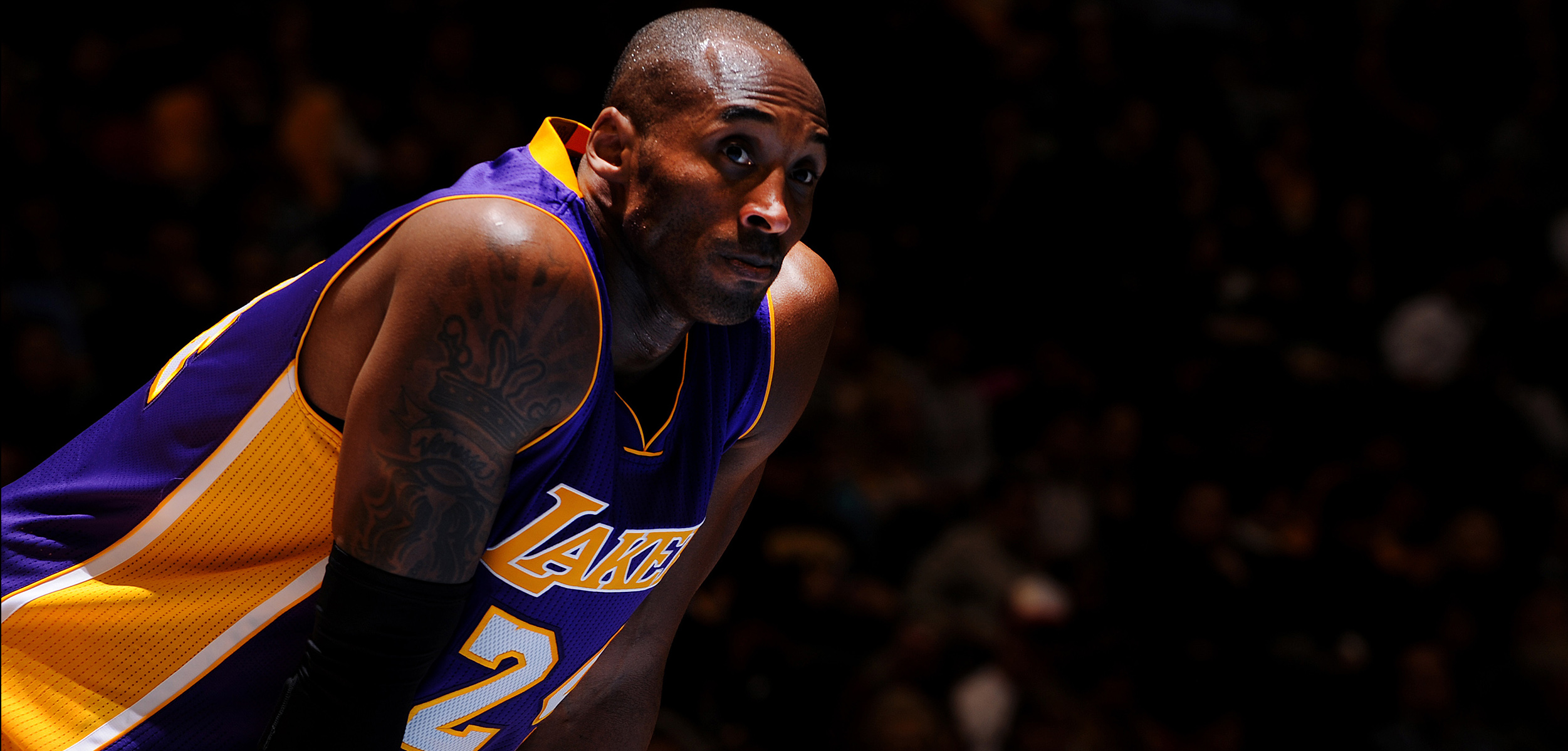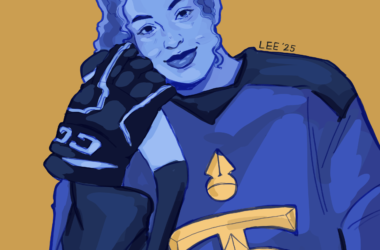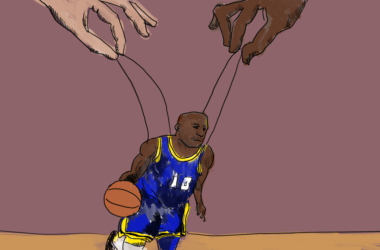Content warning: Mentions of sexual assault and grief.
There is no doubt that Kobe Bryant’s death on Jan. 26 shocked the world. The immediate outpouring of praise from athletes, journalists, and fans alike is a testament to his reach as a basketball player and a person. At the same time as these posts were being shared, another story was being told. It was one that put the events of Kobe’s 2003 rape case at the centre of the plot, a point that Kobe’s character arc could never move beyond.
When a sporting legend dies, the reaction is immediate, visceral, and global. The story that people began building when the athlete was alive suddenly becomes a myth, and everyone seems to have been told a different version. We learn all too quickly that this legacy is beyond anyone’s control, and as people begin to recount their own narratives, they stop holding space for others’. A multitude of single narratives emerge, and each author believes themselves to have written the truth.
All humans are flawed and complicated. But a figure with the legendary status of Kobe Bryant is no longer human in the eyes of the masses. As we forget the humanity of the athlete who died, we also forget the humanity of the individuals that they affected.
The woman who accused Kobe of raping her in 2003 became a plot point in his story. Many adoring Kobe fans treat her as everything from the one-time mistake of a hot-headed young player to the monster who attempted to ruin the career of one of the most inspirational athletes of all time. That she could be a woman, now well into her thirties, with a life full of all the trials and tribulations that human existence entails, is absent from the thoughts of many. This woman, and plenty of other survivors, have been forced to watch the flood of love and support for Kobe, who was able to leave the events of that rape case behind him in 2003, neatly packaged as a “dark period” in his life. They have likely found themselves with their own experiences at the forefront of their minds again, but what is important is that each of these survivors is human.
Everyone who looked up to Kobe is equally human. Personal stories of being inspired by one of the greatest athletes in the world are valid, and admiration of Kobe’s devotion to his children is perfectly normal. Grief and mourning for someone who had been such a constant throughout the entirety of many young people’s lives is an entirely understandable, and human, response.
During the time of grieving, it is often difficult to talk about the less polished parts of someone’s story. People argue that the moment of death is an inappropriate time to discuss past actions of the deceased. It can also, for others, create a desire to zero in on a single decision without acknowledging that everyone has their own relationship to the now-mythic figure. Ultimately, we need to remember that there is no universal experience with someone as influential as Kobe Bryant. Now is the time to remember all of Kobe’s legacy. We may not treat him as such, but he was human and, as all humans are, he was complicated. There is no one part of Kobe’s legacy that should be lifted over others, and there is no part that should be silenced. Make space for survivors in your life to have their own feelings about his legacy, while also acknowledging that a generation lost a childhood hero. There is no single truth or correct reaction.









